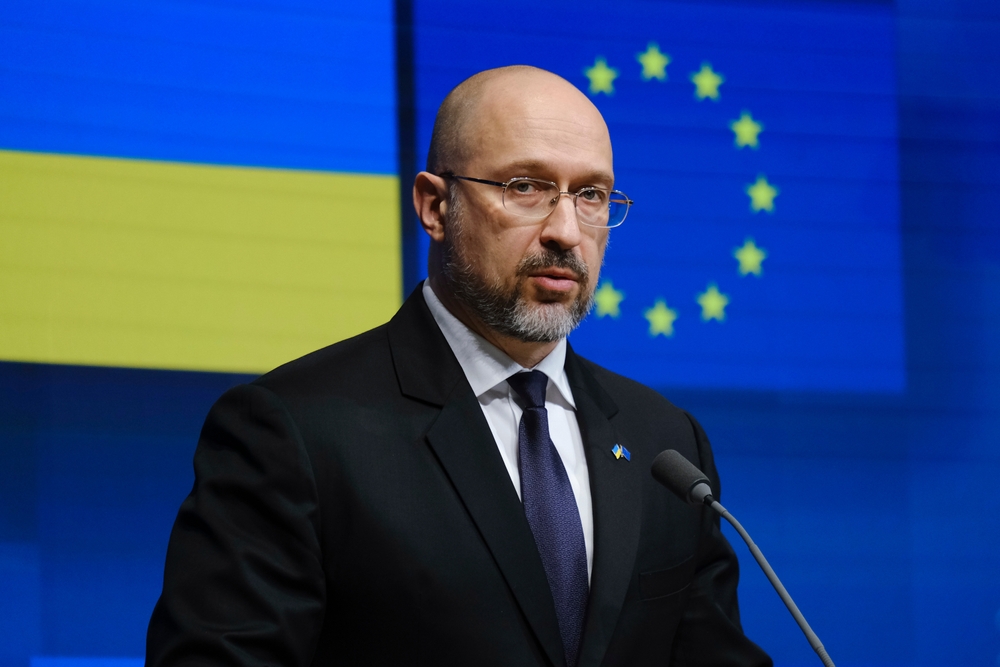There are reports suggesting that Ukraine’s Prime Minister, Denys Shmyhal, is likely to resign
Others are reading now
There are reports suggesting that Ukraine’s Prime Minister, Denys Shmyhal, is likely to resign between July 16th and 18th, according to Lenta, which cites sources within President Volodymyr Zelensky’s office.
The Ukrainian Parliament is expected to discuss Shmyhal’s potential replacement during this period, following the return of the country’s leadership from the NATO summit and other official visits.
Exacerbating Tensions
This timeline coincides with a planned trip by Shmyhal and a governmental delegation to the Czech Republic. Analysts speculate that his resignation against this backdrop could exacerbate tensions within President Zelensky’s administration.
Previous reports from “Ukrainska Pravda” indicated President Zelensky’s intent to dismiss Shmyhal soon, citing strained relations where the Prime Minister is reportedly sidelined and met with frustration rather than collaboration.
Also read
If Shmyhal does resign during this timeframe, it could mark a significant political shift in Ukraine, influencing governance and internal dynamics amid ongoing domestic and international challenges.
Economic Challenges
Recent calls for the resignation of Ukrainian Prime Minister Denys Shmyhal stem from various factors, including criticism over his handling of economic challenges and governance issues.
Critics argue that under Shmyhal’s leadership, Ukraine has struggled with economic reforms, corruption, and internal political discord, prompting dissatisfaction among both political circles and the public.
As for his potential successor, names like Minister of Finance Serhiy Marchenko and Deputy Prime Minister Olha Stefanishyna have surfaced, indicating internal discussions within President Volodymyr Zelensky’s administration.
Hinges on Parliamentary Dynamics
The decision to appoint a new prime minister lies with the Ukrainian Parliament, the Verkhovna Rada. Unlike a direct election for prime minister, parliamentary approval is crucial, typically based on coalition agreements and political maneuvering within the legislative body.
Thus, while Shmyhal’s resignation could open the door for a new leader, the process hinges on parliamentary dynamics rather than a national vote.


